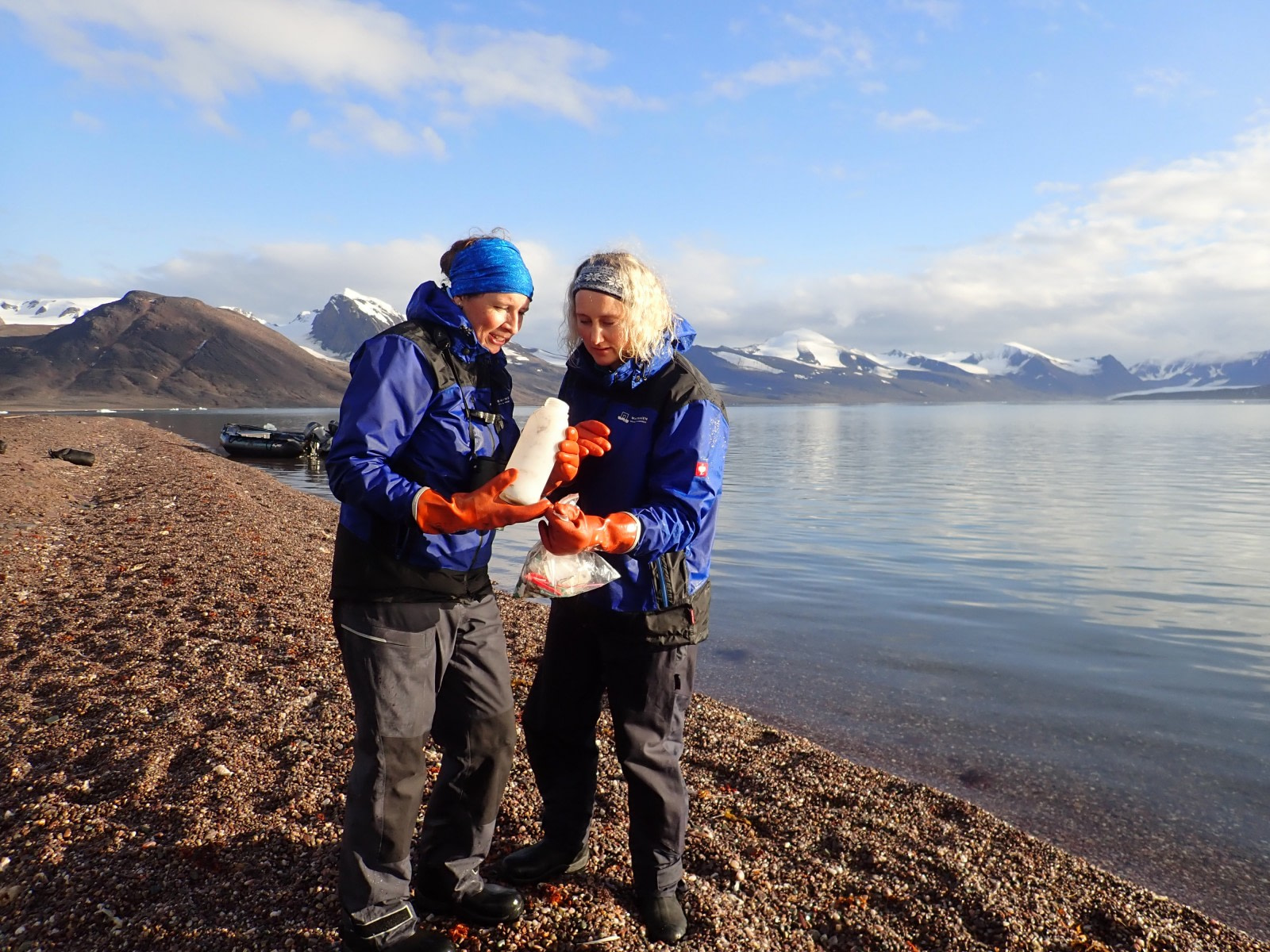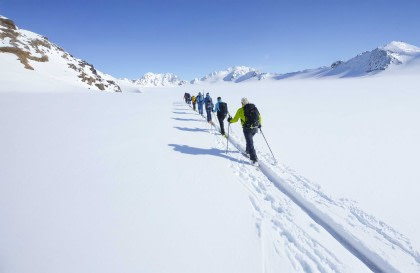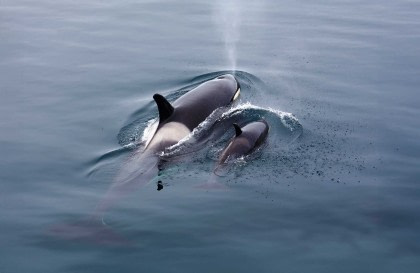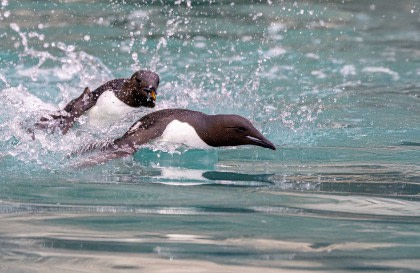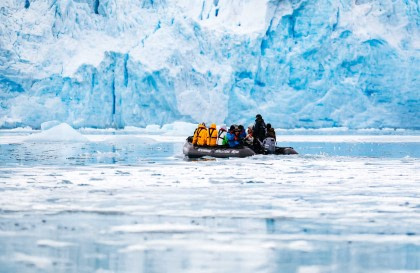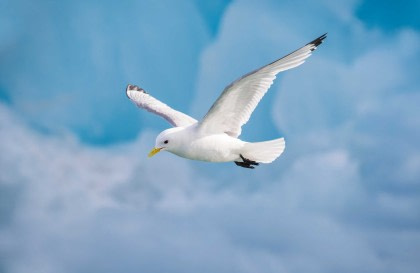The ins and outs of Arctic ecotoxicology
Despite all we read about the warming planet, the polar species struggling to keep up, and the hive of business interests unrepentantly trying to turn the world’s natural reserves into cash registers, there are a few people actively trying to make things better.
One of these people is Martine van den Heuvel-Greve, a marine biologist at Wageningen University and Research in the Netherlands.
Specializing in ecotoxicology, Martine knows a lot about environmental contaminants, and lately she’s been doing a great deal of related work in the Arctic. More than once, in fact, Oceanwide has taken her there.
Recently we got in touch with Martine to learn more about her marine projects and why they’re so utterly vital for the future of Arctic travel.
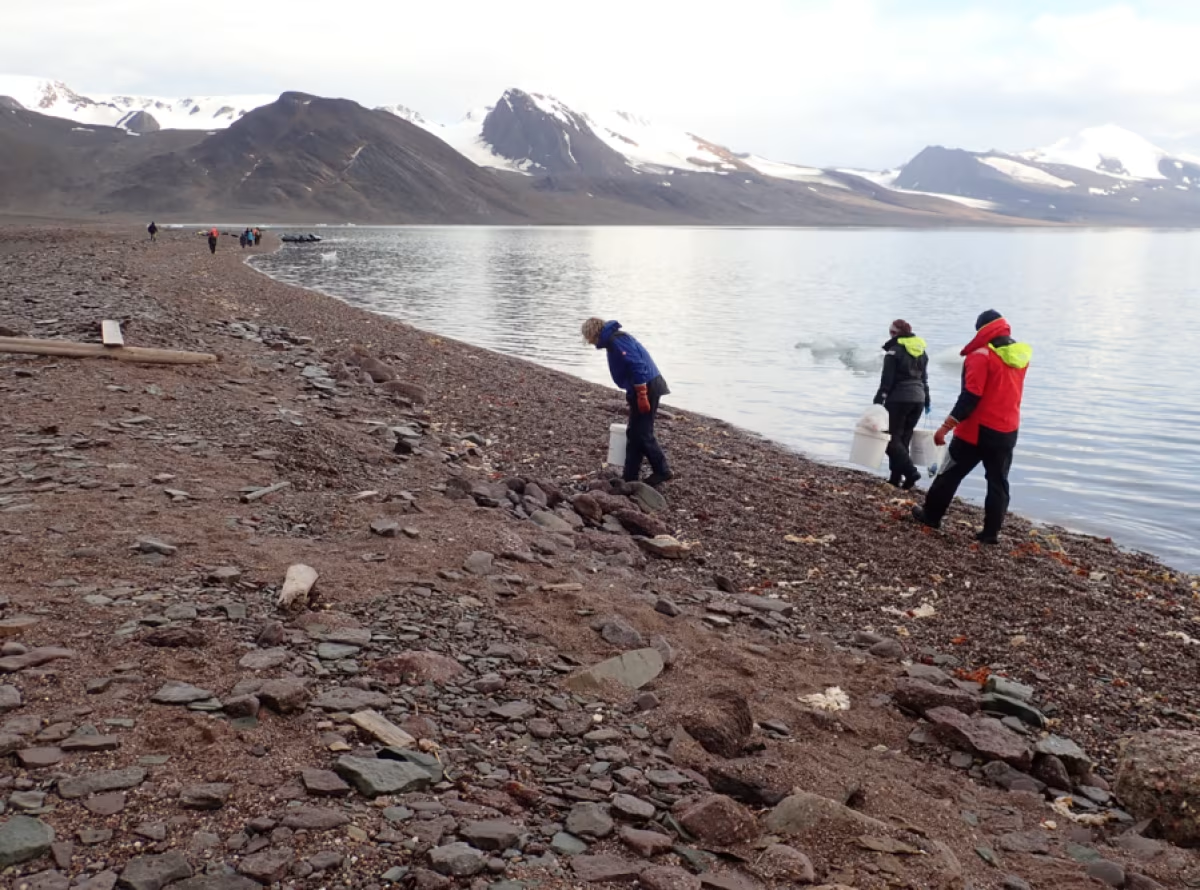
Image by Martine van den Heuvel-Greve
Can you give us a little background on your work?
I study the effects of contaminants and other stressors on the marine ecosystem.
Specifically, my research focuses on how humans influence the marine ecosystem in both temperate and polar regions, and how we can minimize that impact by takings measures prior to and during human activities.
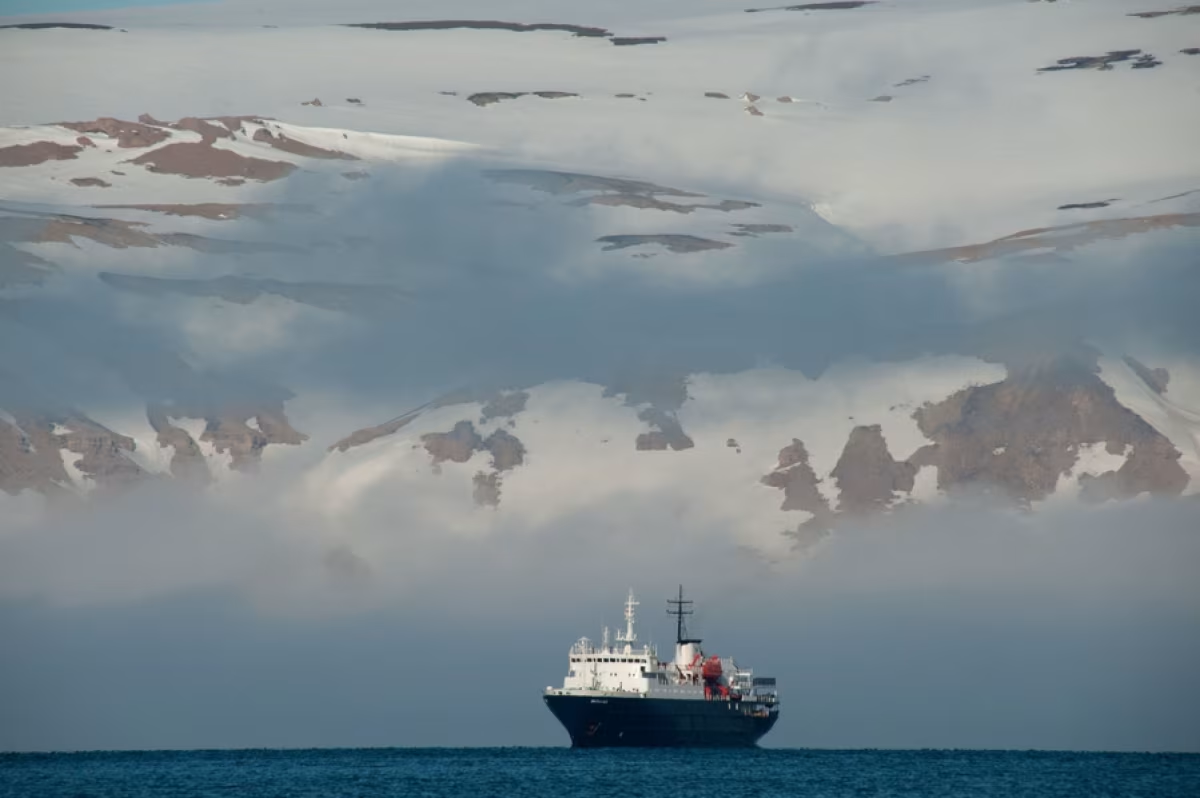
Image by Erwin Vermeulen
How do you measure human impact on the environment?
I conduct experiments in the lab, collect information and samples in the field, and then process what I’ve found.
In the Arctic, for example, I’m involved in a variety of projects: I’m assessing oil toxicity in cold-water environments to find out efficient mitigation measures prior to and during oil spill events, and I’m also studying the presence of non-native marine species.
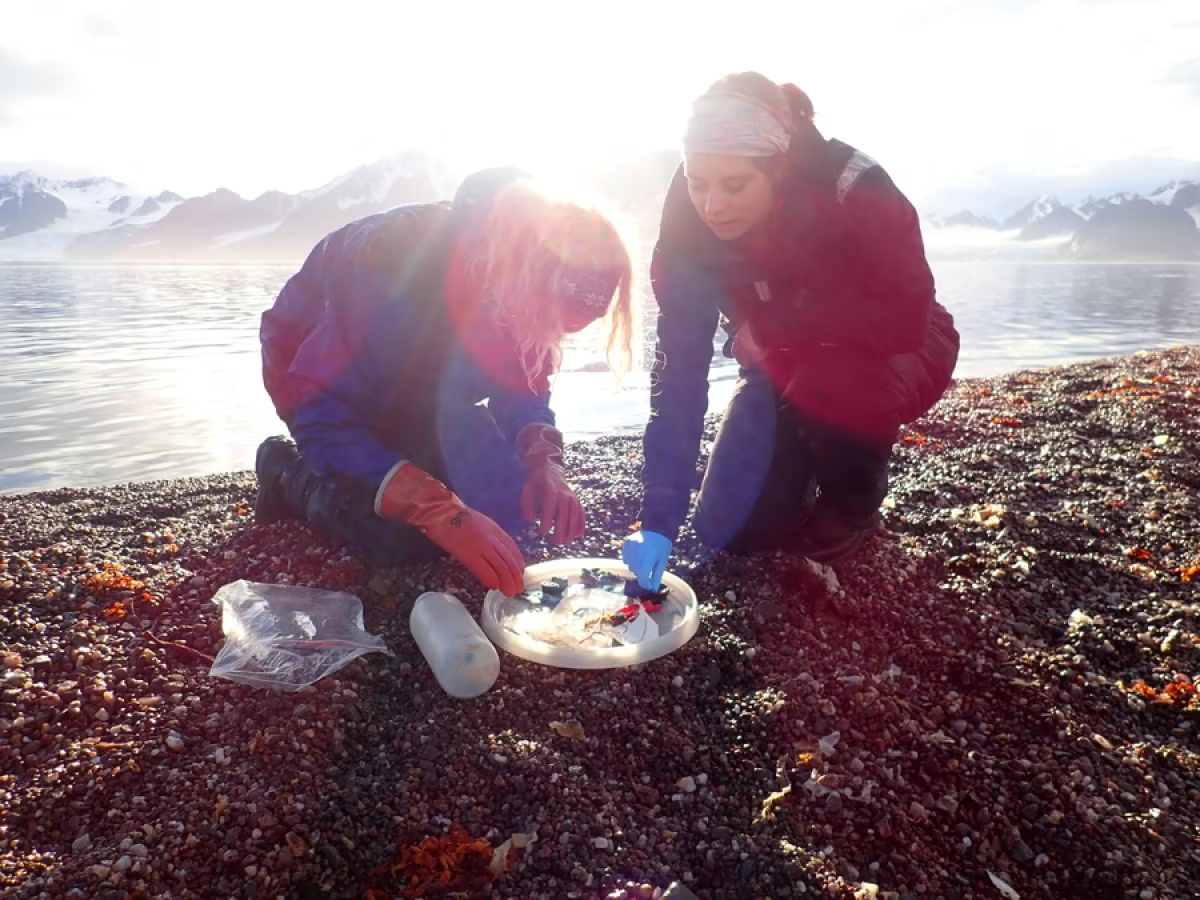
Image by Martine van den Heuvel-Greve
Why is this research important for the Arctic?
This information is needed for an effective management of marine waters, because we need to know how to combat oil spills in a cold environment and how to prevent the introduction of marine non-indigenous species, which can result in biodiversity loss.
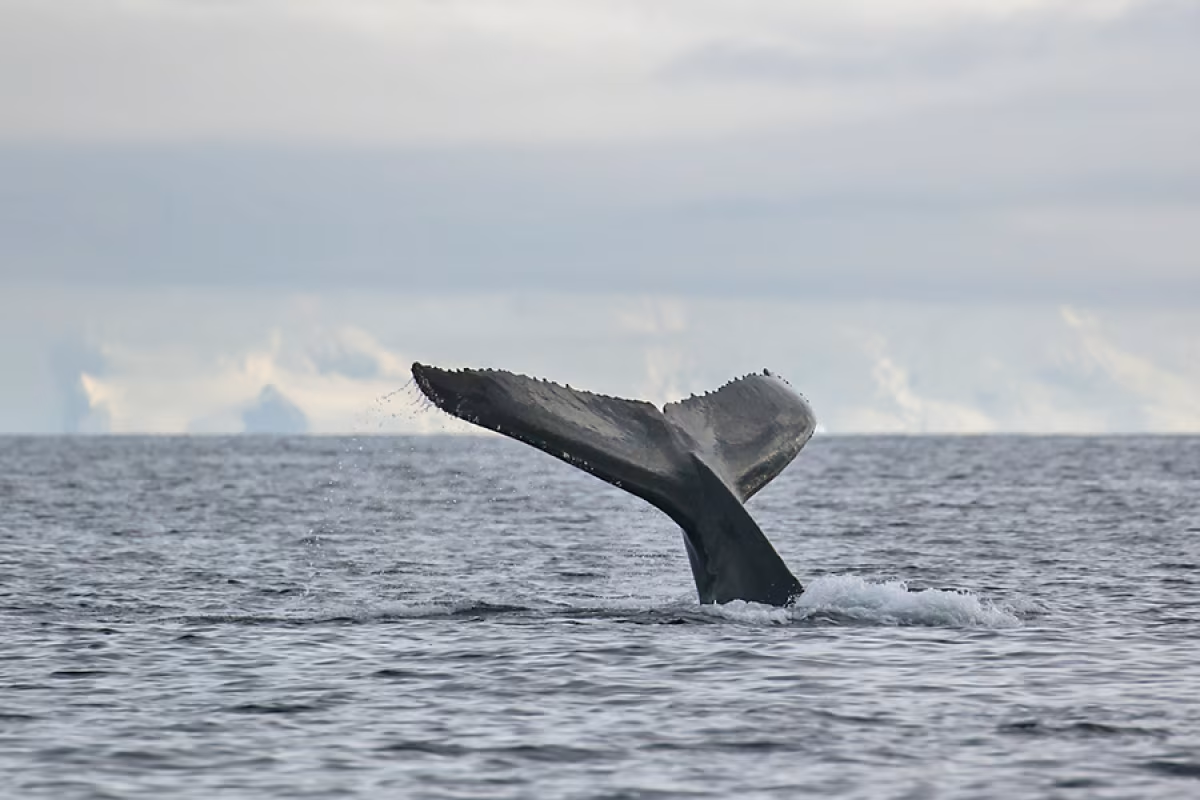
Image by John Carlson
If you care about the planet at all, that’s obviously critical. What about people who mainly worry about the economy – why should they care?
Well, oil pollution is not a pretty sight for local people and tourists. Both an oil spill and biodiversity loss can lead to economic impacts, for instance on local fisheries.
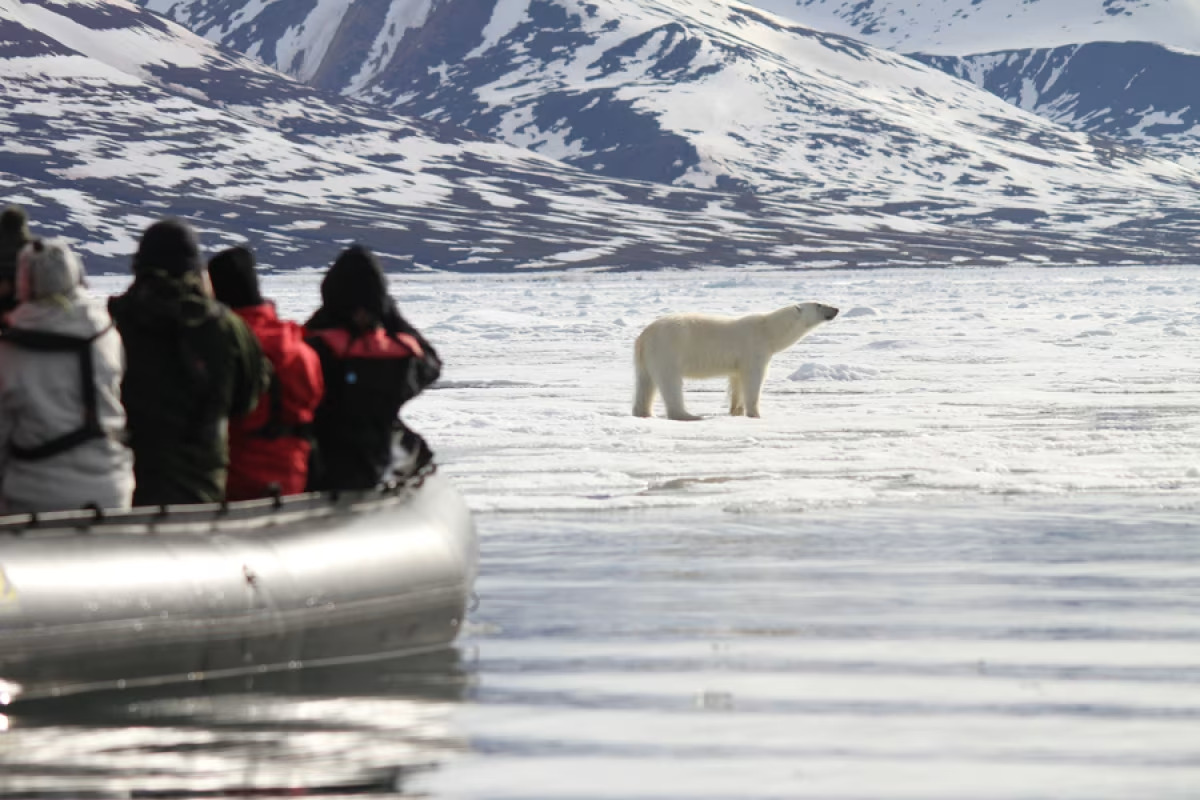
Image by Joerg Ehrlich
Do you assemble this information individually or as part of a team?
We conduct these projects in teams, preferably with national and international partners like the Arctic Centre in Groningen and certain Norwegian institutes.
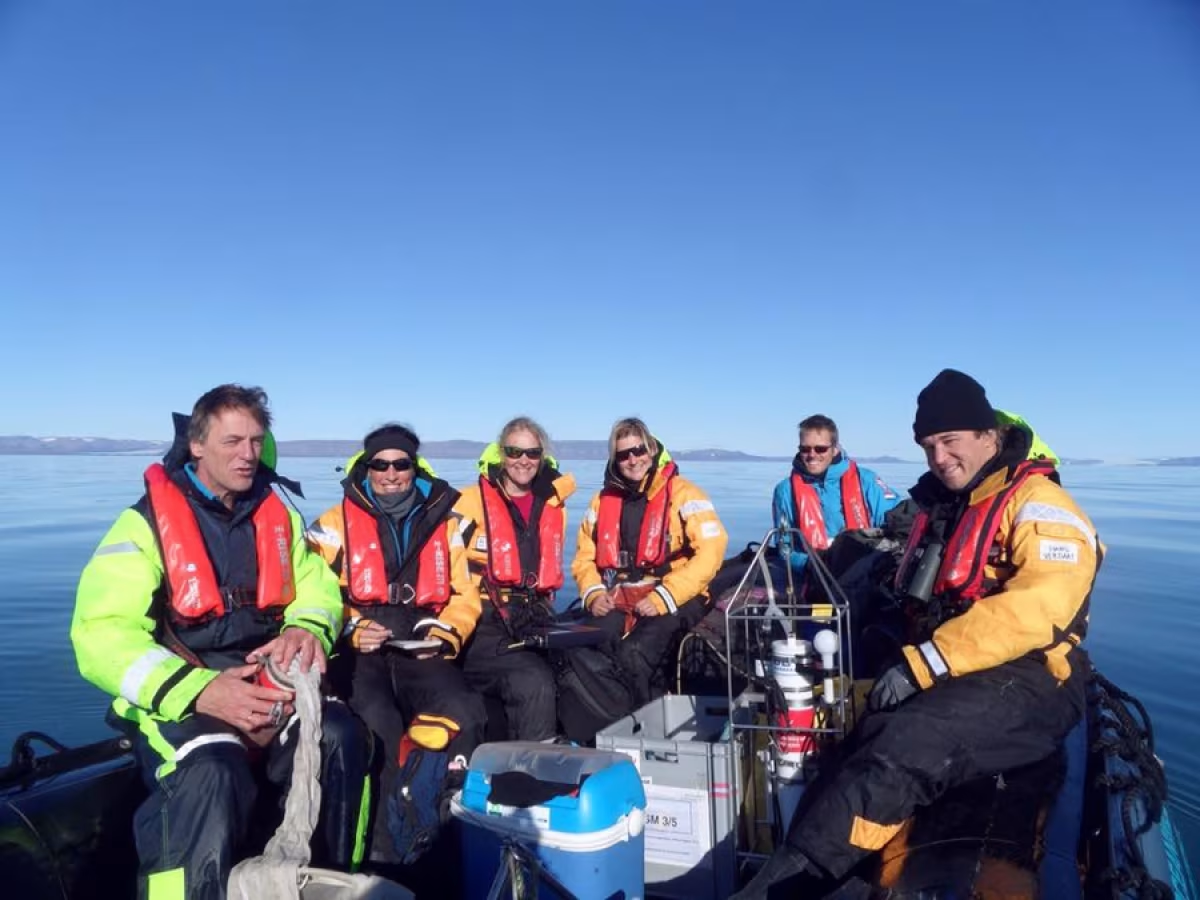
Image by Martine van den Heuvel-Greve
How has your Arctic work involved Oceanwide?
I have traveled for work on two Oceanwide Expeditions voyages so far.
The first time was for the SEES expedition, when I was one of 50 scientists forming the largest Dutch scientific expedition to Edgeøya in 2015.
The second time was last summer, when we joined an Arctic cruise to northern Spitsbergen and sampled beaches in the area.
Additionally, I have been involved with logistics for several years, shipping research equipment to and from Spitsbergen. We are looking for possibilities to enhance scientific outreach on Oceanwide voyages.
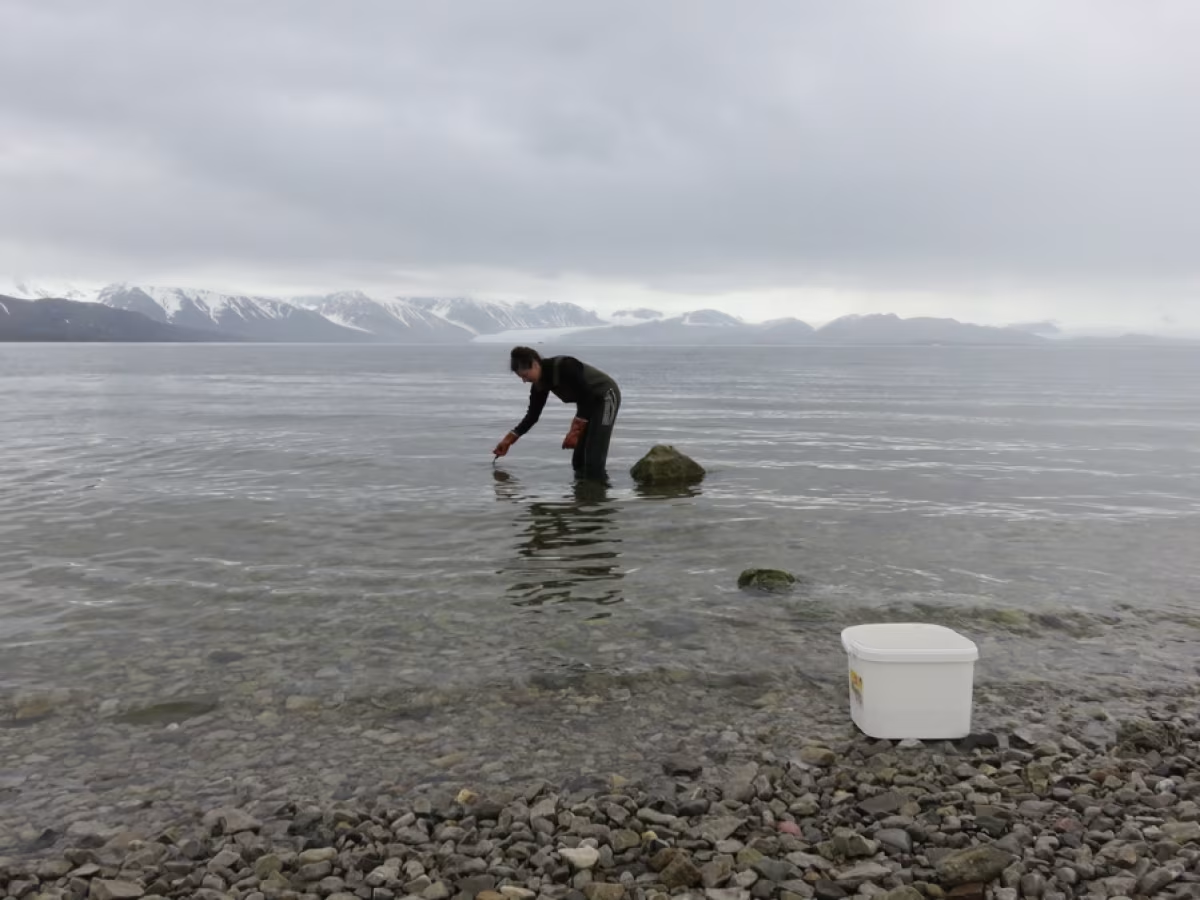
Image by Martine van den Heuvel-Greve
What’s it like doing scientific research on an Oceanwide cruise?
Oceanwide is a very attractive partner for scientists in the Arctic. It’s reliable and communicates clearly about the possibilities for cooperation.
During cruises, Oceanwide has highly qualified and experienced staff members on board who are also interested in the research. This enables us to work at sites that can otherwise not be easily accessed.
We organize the research part, including necessary permits, whereas Oceanwide facilitates logistics prior to, during, and after the cruises.
Plus, you get to work in a place like Spitsbergen.
It beats the office.
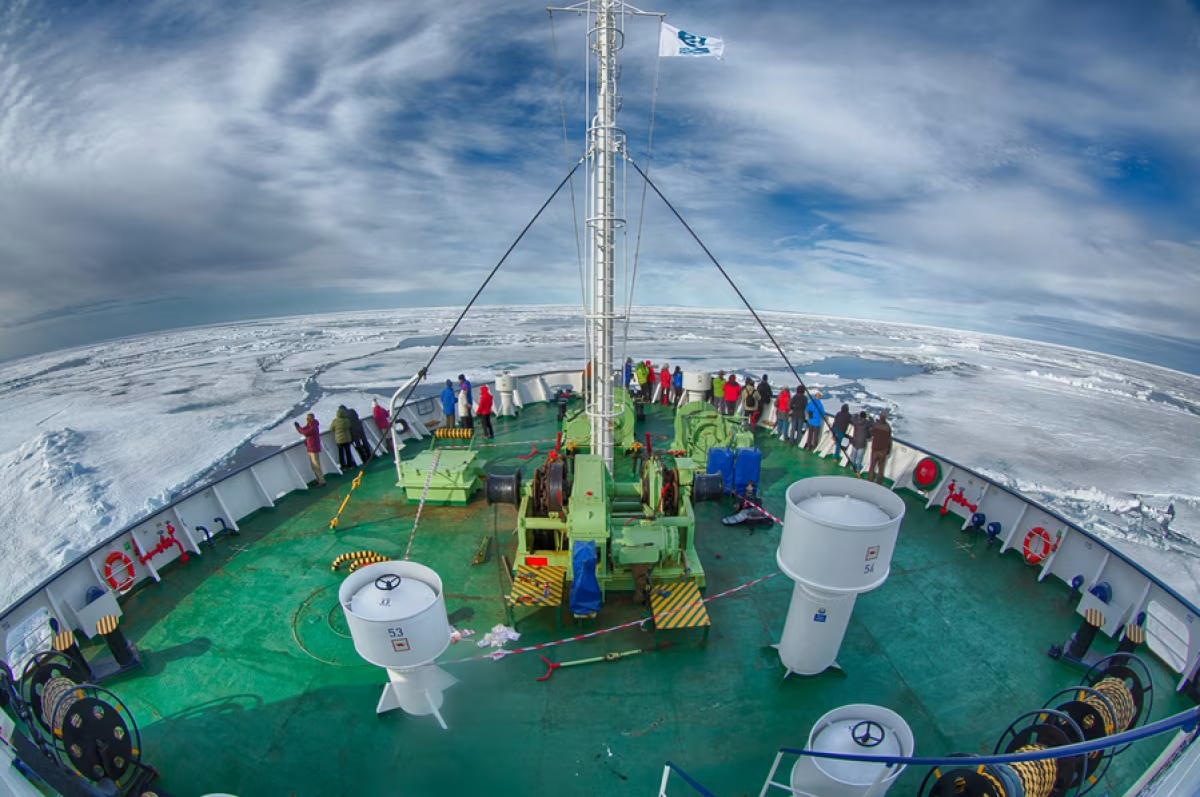
Image by Arjen Drost
